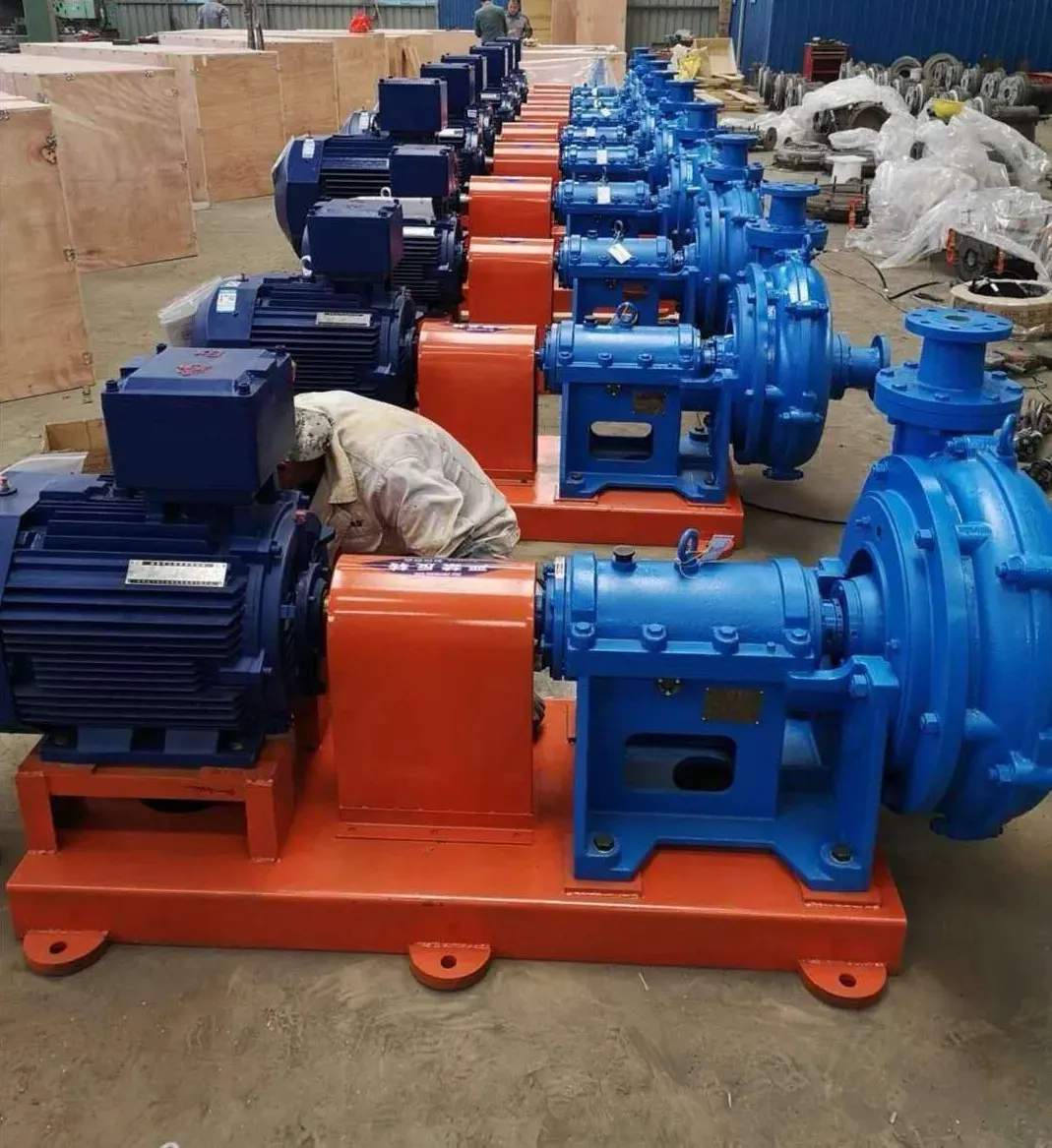Norwegian
- Afrikaans
- Albanian
- Amharic
- Arabic
- Armenian
- Azerbaijani
- Basque
- Belarusian
- Bengali
- Bosnian
- Bulgarian
- Catalan
- Cebuano
- Corsican
- Croatian
- Czech
- Danish
- Dutch
- English
- Esperanto
- Estonian
- Finnish
- French
- Frisian
- Galician
- Georgian
- German
- Greek
- Gujarati
- Haitian Creole
- hausa
- hawaiian
- Hebrew
- Hindi
- Miao
- Hungarian
- Icelandic
- igbo
- Indonesian
- irish
- Italian
- Japanese
- Javanese
- Kannada
- kazakh
- Khmer
- Rwandese
- Korean
- Kurdish
- Kyrgyz
- Lao
- Latin
- Latvian
- Lithuanian
- Luxembourgish
- Macedonian
- Malgashi
- Malay
- Malayalam
- Maltese
- Maori
- Marathi
- Mongolian
- Myanmar
- Nepali
- Norwegian
- Norwegian
- Occitan
- Pashto
- Persian
- Polish
- Portuguese
- Punjabi
- Romanian
- Russian
- Samoan
- Scottish Gaelic
- Serbian
- Sesotho
- Shona
- Sindhi
- Sinhala
- Slovak
- Slovenian
- Somali
- Spanish
- Sundanese
- Swahili
- Swedish
- Tagalog
- Tajik
- Tamil
- Tatar
- Telugu
- Thai
- Turkish
- Turkmen
- Ukrainian
- Urdu
- Uighur
- Uzbek
- Vietnamese
- Welsh
- Bantu
- Yiddish
- Yoruba
- Zulu
Telephone: +86 13120555503
Email: frank@cypump.com
nov . 11, 2024 08:25 Back to list
submersible water pump industrial
The Importance and Functionality of Submersible Water Pumps in Industrial Applications
Submersible water pumps have become indispensable tools in various industrial applications due to their unique design and functionality. These pumps operate underwater, which distinguishes them from other types of pumps that must be positioned above the water level. Their ability to work submerged makes them particularly effective for handling tasks that involve moving large volumes of water or other fluids from one location to another.
Design and Functionality
The core design of submersible water pumps includes a sealed motor that prevents water from entering the machinery, which enables the unit to function effectively when submerged. Typically, these pumps consist of a motor and a pump impeller that work together to create pressure and move liquids. The motors can be electric or hydraulic, depending on the specific application and the available power sources. One significant advantage of submersible pumps is their compact size, which allows for easy installation in cramped or challenging spaces, such as wells, basements, and tanks.
Applications in Various Industries
Submersible water pumps are used across a range of industries, including construction, agriculture, mining, and municipal operations. Their versatility enables them to effectively handle tasks such as dewatering construction sites, draining excess water from flooding areas, and managing irrigation in agricultural settings.
In the construction industry, for instance, submersible pumps play a crucial role in dewatering sites to ensure safety and efficiency during construction activities. By removing standing water, these pumps help prevent water accumulation that could jeopardize the structural integrity of buildings. Additionally, they are essential in applications such as trench dewatering and pit drainage, where managing groundwater is critical.
In agriculture, submersible pumps are often employed for irrigation purposes. Farmers utilize these pumps to extract water from wells or reservoirs, ensuring their crops have the moisture necessary for optimal growth. Furthermore, some farmers integrate submersible pumps into their draught management systems to recover drainage water, thereby promoting sustainable farming practices.
submersible water pump industrial

Advantages of Submersible Water Pumps
One of the most significant advantages of submersible water pumps is their energy efficiency. Because these pumps operate underwater, they require less energy to move fluids than surface pumps. Moreover, submersible pumps can cope with varying fluid levels, adjusting their output accordingly, which minimizes wastage and optimizes performance.
Moreover, submersible pumps are designed to handle solids and sediment, making them particularly suitable for applications involving wastewater or murky water. This robustness extends their lifespan and reduces maintenance requirements compared to non-submersible alternatives.
Considerations When Choosing a Submersible Water Pump
When selecting a submersible water pump for industrial applications, several factors should be taken into account. The first consideration is the flow rate needed for the specific task. Different pumps have varying capacities, so it is crucial to choose one that can handle the anticipated workload. Additionally, users should consider the depth of the water source and the nature of the fluid being pumped, especially if it contains solids or abrasive materials.
Another key consideration is material compatibility. Submersible pumps can be made from various materials, including steel, plastic, and stainless steel, each suited to different environments and fluid types. For example, highly corrosive environments may require pumps made of materials that can withstand chemical degradation.
Conclusion
In summary, submersible water pumps are vital components in many industrial settings, offering efficient, reliable, and versatile solutions for fluid handling. Their ability to operate underwater provides significant advantages across multiple sectors, contributing to increased productivity and sustainability. As industries continue to seek innovative solutions to manage water resources effectively, the role of submersible pumps will undoubtedly grow, solidifying their place in the future of industrial operations.
-
Custom Drilling Mud and Slurry Pump Supplier - High Efficiency, Tailored Solutions
NewsJun.10,2025
-
Supply Vertical Submersible Sewage Pump High-Efficiency WQ/QW Pumps Supplier
NewsJun.10,2025
-
Premium Sewage Ejection System & Pumps Efficient Waste Removal
NewsJun.09,2025
-
Premium Wholesale Slurry Pump Impellers Durable & Efficient Slurry Handling
NewsJun.09,2025
-
Top Sewage Pump Companies Durable Industrial Solutions for Efficiency
NewsJun.09,2025
-
Heavy Duty Slurry Pumps - OEM High Performance & Bulk Wholesale
NewsJun.09,2025










